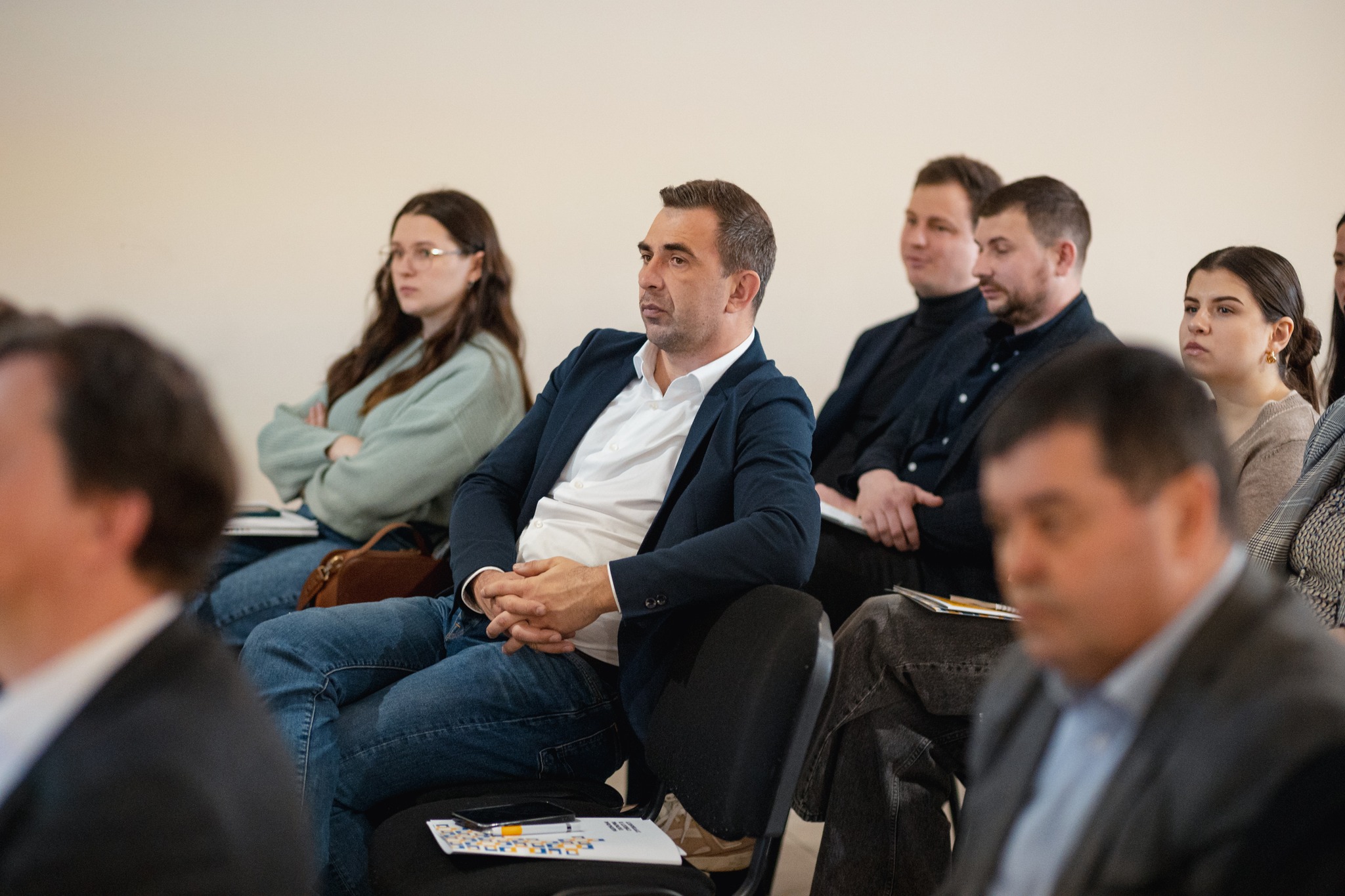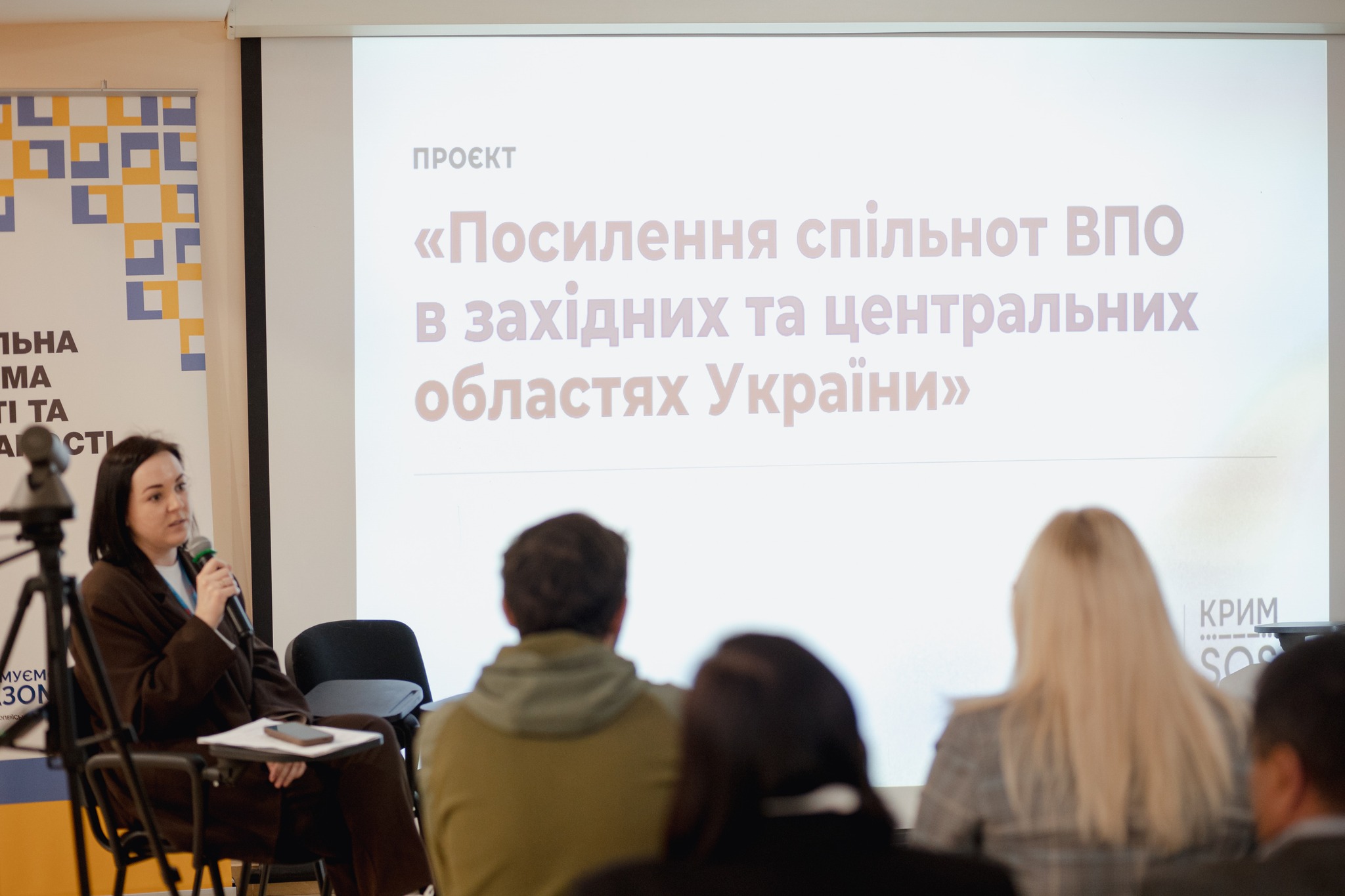What helps Ivano-Frankivsk Oblast remain resilient in difficult conditions? How do communities rethink challenges and turn them into opportunities? The participants of the expert discussion organized by the National Platform for Resilience and Cohesion answered these questions.
Opening the event, co-founder of the National Platform Yulia Tyshchenko emphasized that resilience is a systemic policy related to various spheres - social, economic, information, public, mental, etc. This became the basis for a deeper analysis of the regional context.
The participants of the first panel presented a portrait of Ivano-Frankivsk region through the prism of risk assessment in the context of a protracted war.
In this context, Volodymyr Lupatsiy, co-founder of the National Platform, outlined several vulnerabilities of the region, simultaneously opening up new opportunities. Among them are the search for identity and strategic repositioning of the region, strengthening economic self-sufficiency, utilizing the potential of relocated businesses, creating new growth points, etc.

Vitaliy Fedoriv, Deputy Mayor of Ivano-Frankivsk, joined the discussion of important practical aspects. He spoke about integration solutions for internally displaced persons(IDPs). About 40 thousand IDPs are registered in the city's territorial community alone. Eight temporary accommodation facilities have been created for them, two dormitories have been renovated, and several administrative buildings have been renovated. According to the official, the city keeps a record of IDPs in need of housing—today, there are about 700 of them.
The second thematic block was devoted to managerial resilience and community cohesion in Ivano-Frankivsk. The panelists discussed challenges related to local governance, the frustration of the active part of society, and the influence of political processes.

The final, third panel focused on transformations in the region's social structure. In this block, Ulyana Myroniuk, Deputy Director of the Department of Social Policy at the Ivano-Frankivsk Regional State Administration, recalled that the region's communities quickly mobilized to receive refugees at the beginning of the full-scale invasion. Currently, the integration of IDPs continues: a state program on mental health is in place, 13 “Resilience Centers” have been opened, and more than 39 thousand IDPs have already received psychological assistance.
In summary, the speakers emphasized the importance of institutional sustainability and inclusion. Thus, the IDP Council was created in the Ivano-Frankivsk region, a platform that helps convey information about legislative decisions and local programs for internally displaced persons.
For more information, please follow the link.
Read also: How do we strengthen community resilience in times of war? Results of the study
